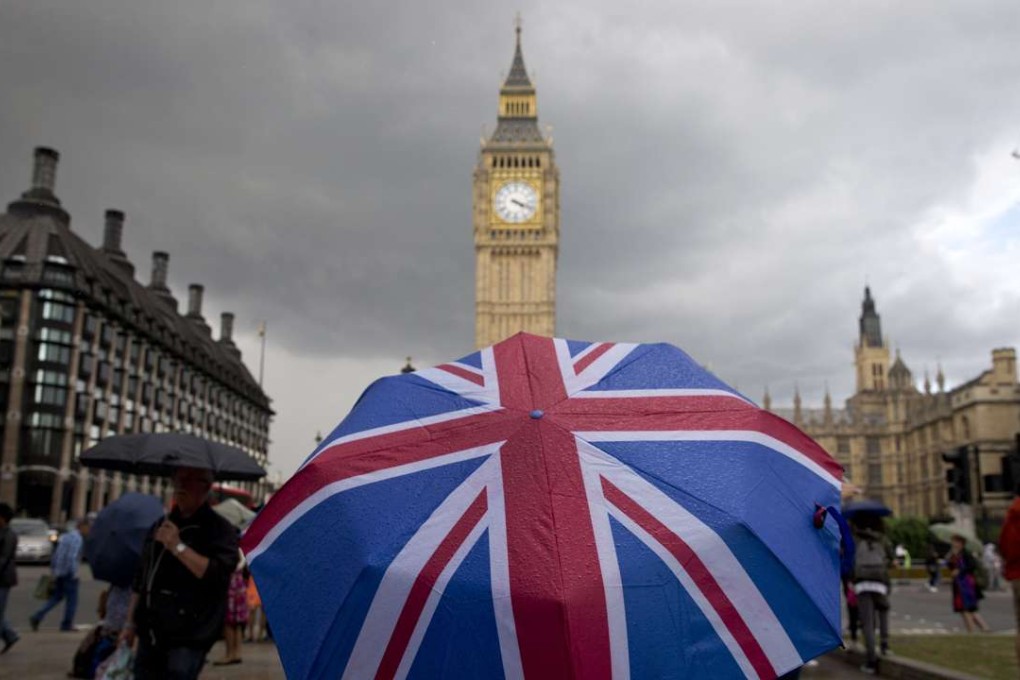Inside Out | Six things to keep in mind in the aftermath of the pro-Brexit result
The UK will face difficult legal and political issues after voting to ‘tear up’ a half century’s worth of foreign and economic policies

Not for nothing do Europeans see the UK as “Perfidious Albion”. Last Thursday, in the course of a single day, 17.4 million British people tore up the foreign and economic policies that have been crafted over half a century. In the cold light of Friday morning, few had yet realised the extent of the self-inflicted harm done in the course of 24 hours. We are facing “a million mad questions”.
Shocked as I am, it is worth remembering that Britain’s habit of “Brexiting” is a long-standing one. You can go back to Henry VIII, and his decision in 1534 to break with Europe (in this instance, the Church of Rome) over his lust for a second wife and a son and heir, to see a consistent Euro-skepticisim at the heart of the British psyche.
It was during the massive Greek crisis a couple of years ago that, driven by Alexis Tsipras’s precocious, naïve and fervent rhetoric, I was first introduced to “sophomoric government”. It was an adjective I had never heard of before, but it captured so completely the brilliant naïve craziness of events unraveling in Athens. This similar naïve craziness has exploded across the UK with similar force over the past three months.
Sophomores, as you may know, are students in the middle stages of degree study: by definition clever, intellectually fertile, they are encouraged to use this middle year to deliberately – and normally harmlessly –to play with “thought experiments”, question the foundations of our world, think heretical thoughts. In Greece, Tsipras let loose sophomoric government on the country’s political system with devastating effect. And the UK has just done the same.
As the Financial Times’s Martin Wolf noted two months ago: “Avoiding needless and costly risks is how adults differ from children.” Last Thursday, British people voted as children, with a terrible temper tantrum, for which the price to be paid will be incalculable. Clearly the inchoate desire to hit someone, from a population that has felt patronised and manipulated by their political elites for too long, was irresistible. If Britain has left the EU in haste, it will now suffer the pain of separation at leisure.
So much has already been written, and so much more will be poured out in coming months, that it is almost impossible to address in one place the implications of the eruption that has just happened, but here are six key “takeaways” to get us going:
•The battle for the soul of the Conservative Party. This referendum is a ballot that should never have happened. It was David Cameron’s naïve and regrettable attempt to purge the demons that have for 40 years troubled his conservative party. The split in the conservative party between pro-Europeans, and a xenophobic and nationalist wing has always existed, and in my view can never be purged. Cameron was naïve to think he could resolve the division in such a way. With a country split 52-48 on this, it is clear that the division in his party – and indeed in the country – is as deep today as it has ever been, and will remain intractable for the forseeable future – except that the nationalists, little Englanders and xenophobes will be empowered in the party’s leadership.
